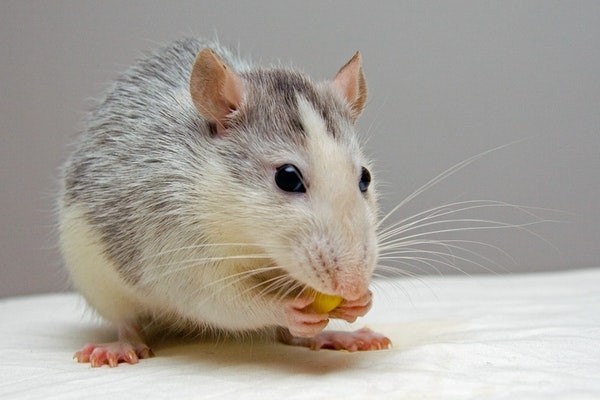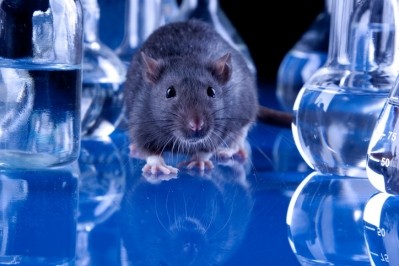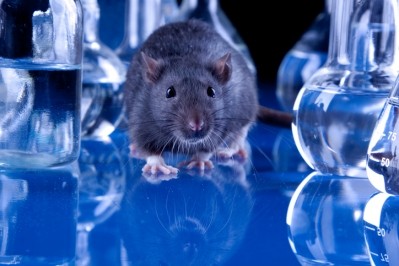Australia animal testing: At odds with EU ban

Upcoming reform
Under its new statutory scheme, named Australian Industrial Chemical Introduction Scheme (AICIS), Australia’s regulatory reform sets out that animal testing of cosmetics should be banned and that data taken from animal tests will be invalid from 1st July.
Animal welfare NGOs, Humane Society International (HSI) and Humane Research Australia (HRA), have outlined loopholes in Australia's Industrial Chemicals Bill 2017 through its joint consultation.
Sole versus multi-use
At present, the bill only prevents the use of data for ingredients when their final use is “solely in cosmetics”. This poses problems for those items that have “multi end use” and appear in a variety of products.
Only 10% of ingredients are used exclusively for cosmetics purposes, HRI and HSA say. As a consequence, companies may utilise cosmetics animal testing as a low-cost and simpler option.
The bill has also proposed a blanket exception for chemicals that are used in several industries and for multiple purposes in addition to cosmetics.
Contradictory international rules
The HSI and HRA argue that this rule imposed by Australia’s cosmetics ban is out of touch with best practices adopted around the globe. As a result, the move towards the in vitro animal testing market may be jeopardised, along with the emergence of specialist suppliers in the cosmetics industry.
Rather than submitting a multi-use entry, the groups suggest that there should be separate "cosmetic use" and "non-cosmetic use" option when animal test data is gathered and used from 1st July 2018.
Without this change, the regulatory reform will contradict other cosmetics animal testing bans throughout the world such as those imposed under EU law. EU rules state that the ban on animal testing for the purposes of the cosmetics industry affects active and available cosmetics products in the marketplace, rather than only those that are produced solely for cosmetics market entry.
As it stands, the differences between European and Australian regulations would enable a product that is currently banned in Europe from being sold in Australia.














